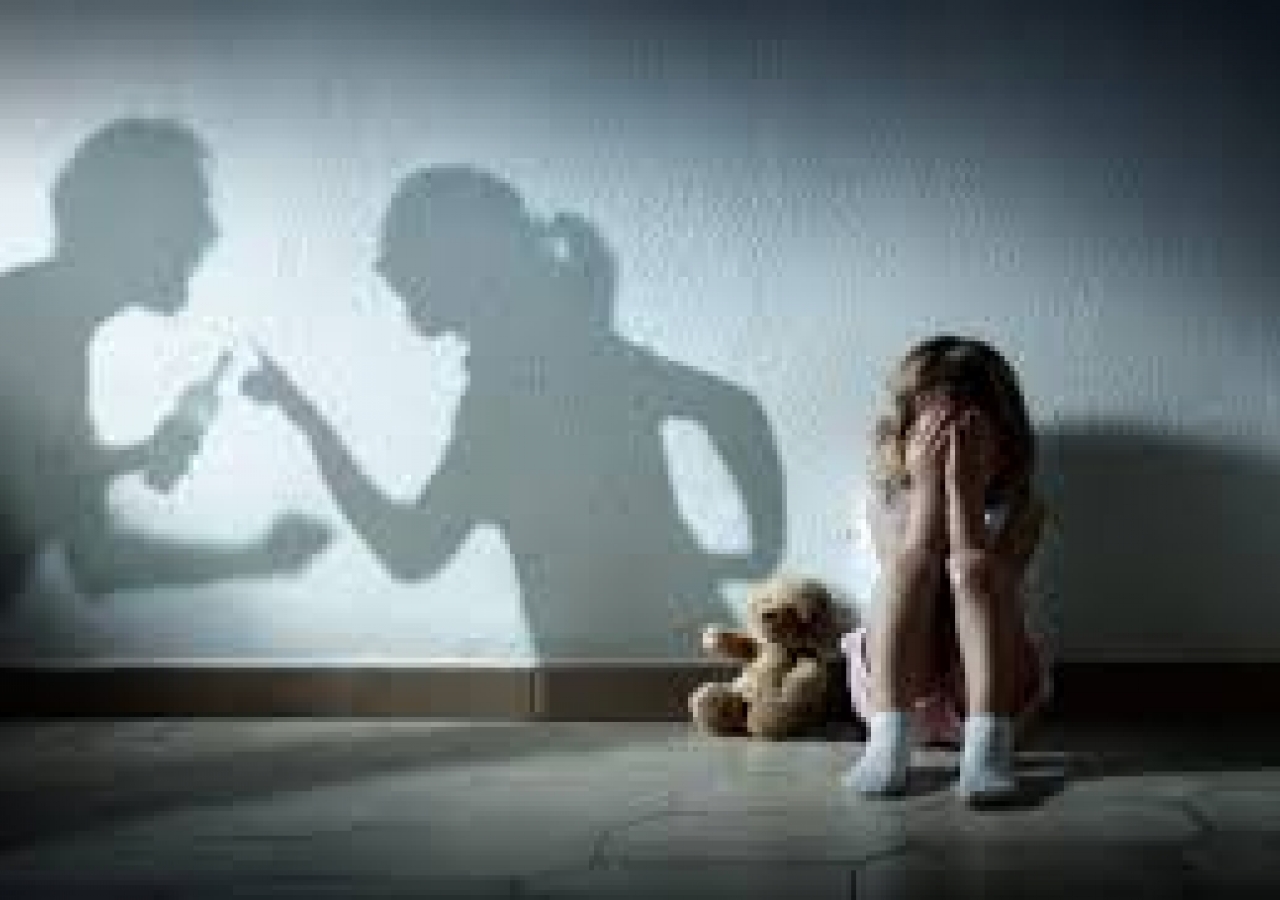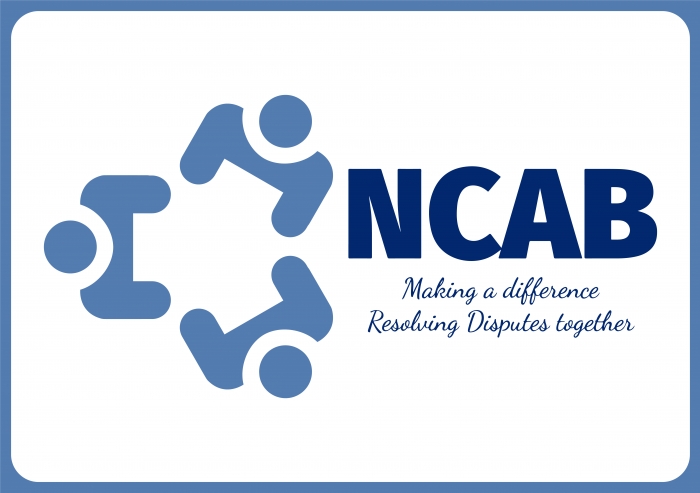“Never forget that walking away from something unhealthy is brave even if you stumble a little on your way out the door.”
― Unknown
For some, ‘Home’ brings to mind a space where one finds physical and psychological safety. Yet, for those who experience domestic abuse, ‘Home’ is experienced as a place of silent suffering and hidden ‘homelessness’ (Burke:1998).
Any incident of controlling, coercive or threatening behaviour, violence or abuse between family members or those who are or have been partners, is defined as domestic abuse. It is illegal and a prosecutable offence.
Examples of domestic abuse include:
• Physical abuse or threats of physical abuse
• Sexual abuse or a threat of sexual abuse
• Emotional, verbal and psychological abuse
• Destructive criticism, belittling or name calling and verbal abuse
• Pressure tactics
• Financial and Economic abuse (including not paying household bills, selling/giving away property without the others consent, withholding money)
• Stalking
In domestic abuse some tactics used by the abuser are to dominate, create doubts about reality, and isolate the abused from family and friends. People experiencing abuse can feel very frightened, perhaps even for their life and of those around them. At such times, they can feel trapped and think there is no escape. In abuse people may be forced to stay in the relationship and assume they are to blame. Sometimes the abuser seems genuinely regretful, things remain stable for a while, but then the cycle of abuse repeats itself, causing distress and confusion.
The effects of domestic abuse on those involved are varied, including but not exclusive to: anxiety, depression, forgetfulness, anger, difficulty in inter-personal relationships, low self-esteem, eating disorders and addictions. In children, issues can also include developmental, behavioural and academic problems. These effects need care and attention. Getting the right support will offer many positive outcomes.
Seeking help can feel terrifying for the abuser, the abused and others involved. Stigma and shame, the intergenerational cycle of abuse in families, and fear that children might be taken away can contributes to why one may let an abusive situation carry on. Yet, seeking assistance might be the best way to support and protect yourself, any children involved and future generations.
Domestic abuse occurs in all socio-economic backgrounds, cultures and at various stages in our lives.
If you are experiencing abuse, please reach out and begin the journey to end an abusive situation. Call your GP, a trusted relative or friend. Alternatively, contact the police, a domestic abuse helpline or our Jamati institutions on the numbers below.
UK Police
999 press 55 when prompted if you can't speak
National Domestic Abuse Helpline
Telephone 0808 2000 247
Website nationaldahelpline.org.uk
Men’s Advice Line
Telephone 0808 8010 327
Social Welfare Board
Email [email protected]
National Conciliation and Arbitration Board
Telephone 07714 330698
Email [email protected]
Coronavirus support team in your country
Website https://the.ismaili/uk/coronavirus-support-team-helpline
We are all born from a single soul. We have the light of the Almighty within us. Its flame protects, nurtures and guides us, may it light our path to a more positive life.








